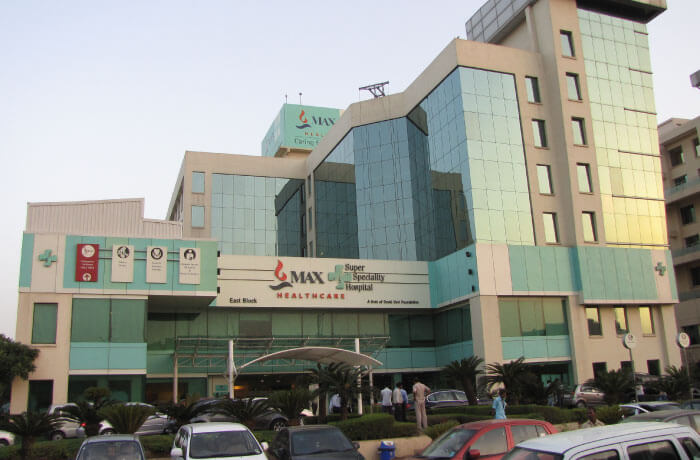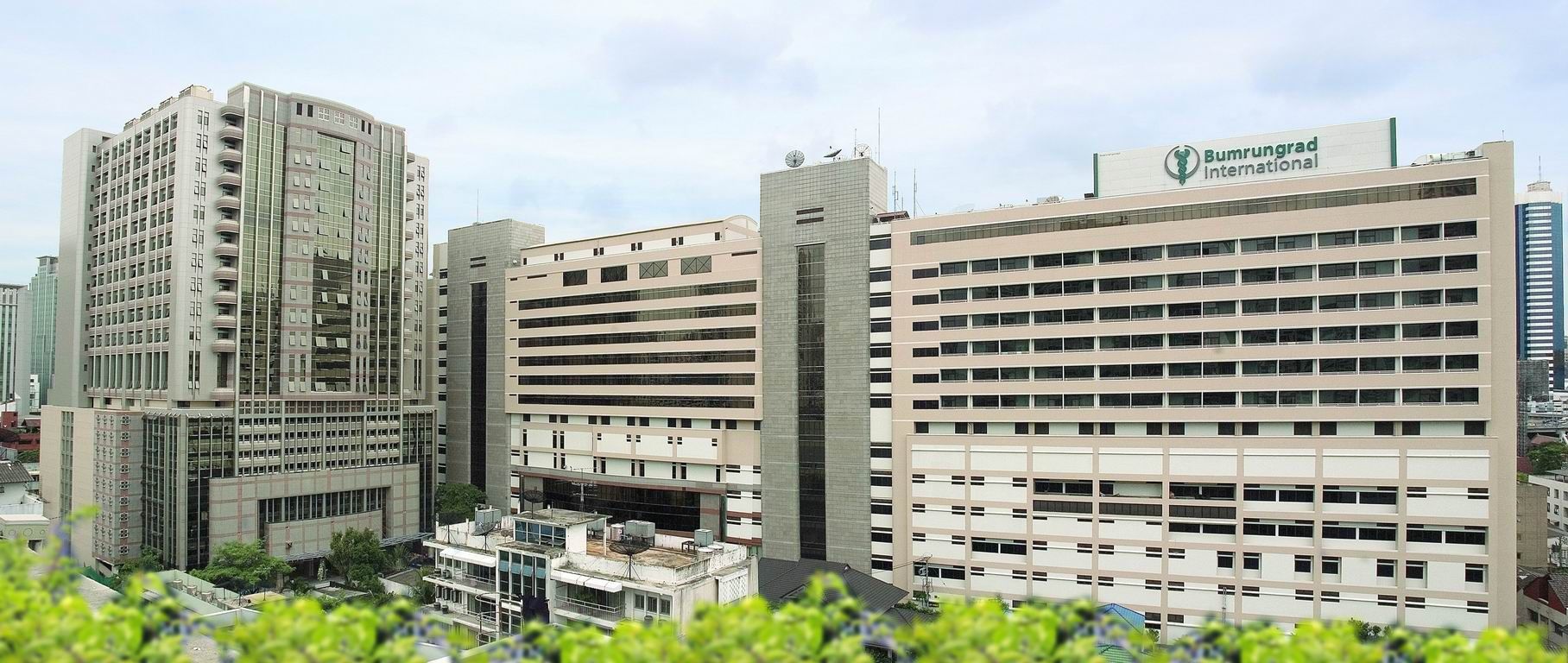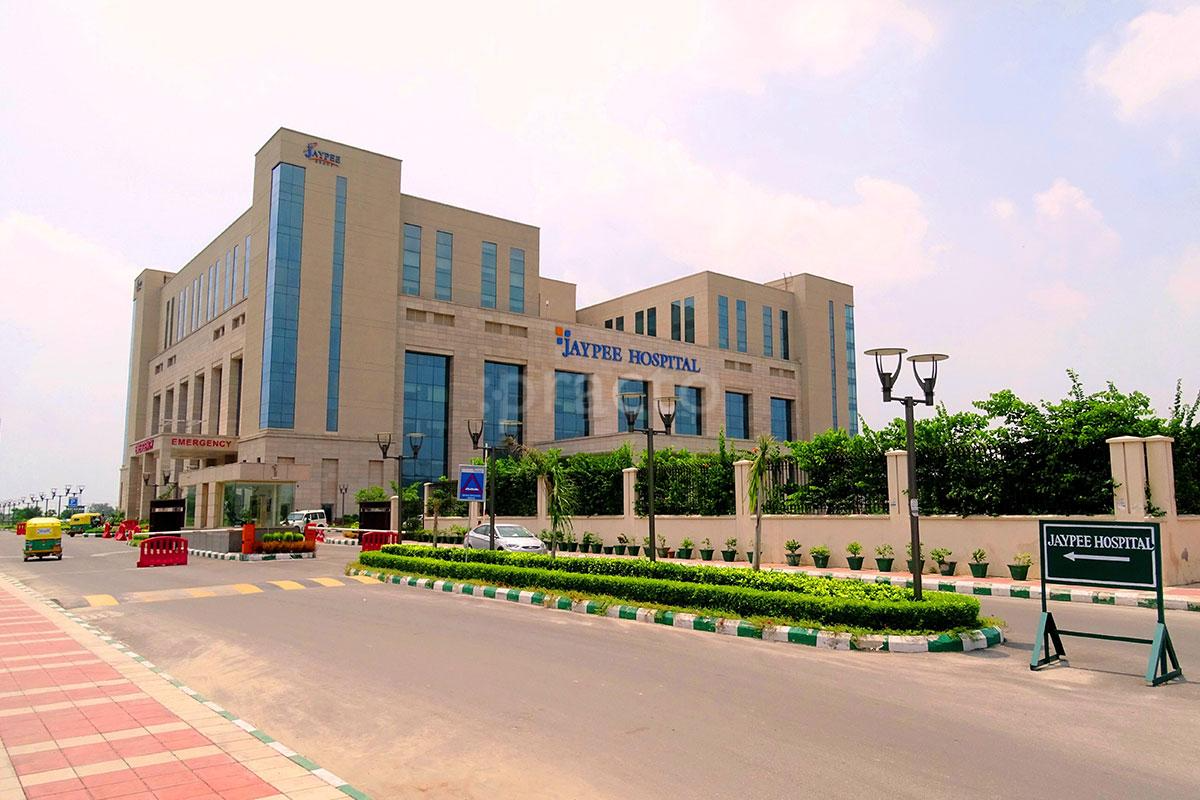Pediatrics
Cystic Hygroma
Cystic Hygroma
Get expert care for Cystic Hygroma with GetWellGo. Trusted hospitals, advanced treatment, and complete support for international patients worldwide.
Cystic hygroma is a fluid-filled sac brought about by a blockage in the lymphatic system which has the role of draining lymph fluid in the tissues and it takes the fluid back into the bloodstream. It is a lymphatic malformation which normally occurs as a painless swelling beneath the skin.
Key Points of Cystic Hygroma:
- Nature: A benign (non-cancerous) disorder.
- Appearance: The one usually looks like a soft, compressible and spongy lump. It may be of any size, even large.
- Location: It is usually located in the neck and head area although it can also be located in armpits, chest, or even in the groin.
- Onset: Can be seen at birth or even before the age of 2 but can also be found during pregnancy through ultrasound.
Cystic Hygroma Causes
Cystic hygroma occurs when the lymphatic system (a system that consists of vessels which carry lymph fluid and aid in fighting infections) fails to develop properly during fetal development. This causes a buildup of lymph fluid in the sacs resulting in a cyst-like swell.
Causes of Cystic Hygroma:
Birth (Congenital) Causes
-
Developmental Malformation: The lymphatic vessels never form an adequate connection with the venous system on embryonic growth.
Genetic Conditions (usually revealed in a prenatal scan):
- Turner syndrome (45,X)
- Down syndrome (Trisomy 21)
- Trisomy 13 and Trisomy 18
- Noonan syndrome
- Chromosomal Abnormalities: Approximately 50-60 percent of cystic hygromas that are diagnosed prior to birth are attributed to genetic problems.
Developing Later in Life (Acquired Causes)
Cystic hygroma may manifest in the postnatal period and is rare; it may occur because of:
- Damage or lesion to the lymphatic system.
- Perturbations of the lymphatic drainage in form of upper respiratory tract infections.
- Obstruction of lymphatic vessels due to unidentified reasons.
Risk Factors
- History of congenital aberrations in family.
- Prenatal maternal infections and complications.
- Certain genetic mutations.
Cystic Hygroma Symptoms
Cystic hygroma usually occurs in the form of soft and fluid filled swelling and may vary in size. The symptoms are much dependent on its location and size.
Typical Cystic Hygroma symptoms:
Visible Swelling
- Tender, squamous and soft lump beneath the skin.
- Usually painless.
- Mostly located on the neck (primarily on the posterior triangle) but it can also be located on the armpits, chest, groin, or face.
Skin Changes
-
The skin that covers it can be clear, a bit bluish or distended.
Functional Symptoms (when huge)
- Breathing difficulties: In case it obstructs the airway.
- Hard to swallow: In case it pushes on the throat or esophagus.
- Speech problems: Uncommon, but may occur in the close of mouth or throat.
Rapid Growth or Infection
- The cyst can suddenly grow in size, in some cases, by infection or bleeding into the cyst.
- Infected, erythema, tenderness, or warmth.
Prenatal Signs
- Diagnosed in an ultrasound as a fluid-filled sac on the neck or body of the fetus.
- In severe cases may be related to hydrops fetalis (severe fetal swelling).
Cystic Hygroma Diagnosis
Cystic hygroma is normally diagnosed with a mix of physical examination, imaging tests, and occasionally genetic assessment particularly when diagnosed during prenatal stages.
Physical Examination
- Soft lumps that are painless, compressible, and under the skin are examined by the doctor.
- Monitors size, location and movements of the swelling.
- Tests associated symptom problems like difficulty breathing or swallowing.
Prenatal Diagnosis
- Ultrasound: Cystic hygroma is usually identified as a fluid-filled bubble within the fetus, usually in the neck.
- Nuchal translucency measurement: Cystic hygroma is a possible diagnosis due to increased thickness behind the fetal neck.
- Fetal echocardiography: Tests heart defects and can be seen to go hand in hand with cystic hygroma.
- Amniocentesis: It might be prescribed to check chromosomal defects (Turner syndrome, Down syndrome, Trisomy 13, 18).
Postnatal Imaging
- Ultrasound: Determines the fluid nature and size of the cyst.
- MRI (Magnetic Resonance Imaging): Gives more information regarding size, depth and involvement of adjacent structures particularly in surgical planning.
- CT Scan (Computed Tomography): Sometimes utilized when a complicated situation or cysts are involved in the chest or the airway.
Laboratory/Genetic Tests
- Karyotyping: The genetic abnormalities can be suspected, in which case they are examined by karyotyping.
- Molecular genetic testing: In a case of a family history of a congenital syndrome.
Differential Diagnosis
Other conditions that can be similar are also excluded by doctors:
- Lipoma (fatty lump)
- Blood vessel malformation- hemangioma.
- Thyroglossal cyst
- Branchial cyst
Cystic Hygroma Treatment
The treatment of cystic hygroma varies depending on the size, location, symptoms, and risk of complication. Within the scope of small and asymptomatic cysts, they could be followed, whereas in the case of large or problematic cysts, they might need to be removed.
Watchful Waiting (Observation)
- Asymptomatic cystic hygromas can simply be followed up.
- Growth or changes are monitored by regular check-ups and imaging (ultrasound or MRI).
Sclerotherapy
- Treatment that is minimal invasive, involves injection of a sclerizing agent (medicine that causes the cyst to be smaller).
- Typical agents: OK-432 (Picibanil), Bleomycin, Doxycycline.
- Frequently needs several treatments to dry up.
- Benefits: It is less invasive than surgery and does not leave any major scar.
Surgical Removal
- Complete excision is desirable in case of large cysts, which lead to functional difficulties (breathing, swallowing), or recurrent cysts following sclerotherapy.
- This can be a difficult surgery when the cyst involves nerves, blood vessels or any body organs.
- Surgery should be followed by monitoring to avoid repeats or complications.
Laser Therapy
- Applied to surface cysts or small lesions of sensitive areas.
- Is able to reduce the cyst without surgery that is very extensive.
Complication Management
- Infection: Under antibiotic therapy.
- Swelling or bleeding Rapid: This can need emergency treatment to secure airway.
Multidisciplinary Approach
- Frequently under the care of a team of pediatric surgeons, ENT specialists, radiologists, and genetic counsellors.
- Prenatal diagnosis can be done by arranging special ways of delivery where the cyst could pose danger to the airways of the newborn.
Cystic Hygroma Surgery
Cystic hygroma surgery is an operation to excise a cystic hygroma, a malformation of the lymphatic system present at birth- usually a soft fluid-filled cyst commonly found in the neck, head or underarm. Surgery is considered when:
- Cyst is big, swollen or symptomatic (difficulty breathing or swallowing).
- Sclerotherapy (or observation, like conservative management) does not work or is not appropriate.
- The risk is of infection, bleeding or cosmetic issue.
Surgical Procedure
Types of Surgery:
Complete Excision
- Objective: Distal cystic mass.
- The approach is based on position (neck, axilla, chest, etc.).
- May entail close dissection of nerves and blood vessels, and muscles.
- It is often preferred where possible since it minimizes the risk of recurrence.
Partial Excision
- Done in case of the cyst being very large or entangled with vital structures.
- A portion of the cyst can be spared in order to prevent destruction of nerves/vessels.
- Higher risk of recurrence.
Minimally Invasive / Combined Approach
- Surgery can be done in conjunction with sclerotherapy to reduce the cyst.
- Endoscopic or laparoscopic device techniques are not common; deep lesions in the chest or abdomen are involved.
Best Hospital for Cystic Hygroma Treatment
- Artemis Hospital, Gurgaon
- Medanta-The Medicity, Gurgaon
- Fortis Memorial Research Institute, Gurgaon
- Max Hospital, Saket
Conclusion
Cystic hygroma is painless and fluid-filled lymphatic malformation which occurs most frequently in the neck and in the head region. It arises as a result of inadequate development or obstruction of the lymphatic systems in the development of the fetus, and in a few instances, it can be linked to genetic or chromosomal defects.
Key Points:
- Frequently diagnosed during the delivery or prenatally by ultrasound.
- Depending on size and localization, small cysts can be asymptomatic and large ones may result in breathing or swallowing issues.
- It is diagnosed using physical examination, imaging (ultrasound, MRI, CT) and, in some cases, genetic testing.
- Small cysts can be treated by mere observation, minimal invasive shrinkage by sclerotherapy, and large or complicated cysts can be treated by surgery.
- Early diagnosis and treatment is relevant to avoid complications, normal growth and cosmetic issues.
- The process of cysts may require long-term follow-up since even after treatment they may go back.
Why Choose GetWellGo for Cystic Hygroma Treatment?
GetWellGo is regarded as a leading supplier of healthcare services. We help our foreign clients choose the best treatment locations that suit their needs both financially and medically.
We offer:
- Complete transparency
- Fair costs.
- 24 hour availability.
- Medical E-visas
- Online consultation from recognized Indian experts.
- Assistance in selecting India's top hospitals for Cystic Hygroma treatment.
- Expert head and neck surgeon with a strong track record of success
- Assistance during and after the course of treatment.
- Language Support
- Travel and Accommodation Services
- Case manager assigned to every patient to provide seamless support in and out of the hospital like appointment booking
- Local SIM Cards
- Currency Exchange
- Arranging Patient’s local food
FAQ
1. How common is cystic hygroma?
- The incidence of it is low and is prevalent in approximately 1 in 2,000-6,000 live births.
2. Is it possible that cystic hygroma is self-limiting?
- The small cysts can be lifeless or reduce in size, however, in the majority of cases, when they become large or lead to symptoms, they need to be treated.
3. Is surgery always needed?
- Not always. Surgery is advised when the cyst is huge; it leads to difficulty in breathing or swallowing, or after a relapse of the sclerotherapy.
4. Is it detectable prenatally?
- Yes, cystic hygroma can sometimes be detected in prenatal ultrasound at as early as 10-14 weeks of pregnancy.
TREATMENT-RELATED QUESTIONS
GetWellGo will provide you end-to-end guidance and assistance and that will include finding relevant and the best doctors for you in India.
A relationship manager from GetWellGo will be assigned to you who will prepare your case, share with multiple doctors and hospitals and get back to you with a treatment plan, cost of treatment and other useful information. The relationship manager will take care of all details related to your visit and successful return & recovery.
Yes, if you wish GetWellGo can assist you in getting your appointments fixed with multiple doctors and hospitals, which will assist you in getting the second opinion and will help you in cost comparison as well.
Yes, our professional medical team will help you in getting the estimated cost for the treatment. The cost as you may be aware depends on the medical condition, the choice of treatment, the type of room opted for etc. All your medical history and essential treatment details would be analyzed by the team of experts in the hospitals. They will also provide you with the various types of rooms/accommodation packages available and you have to make the selection. Charges are likely to vary by the type of room you take.
You have to check with your health insurance provider for the details.
The price that you get from GetWellGo is directly from the hospital, it is also discounted and lowest possible in most cases. We help you in getting the best price possible.
No, we don't charge patients for any service or convenience fee. All healthcare services GetWellGo provide are free of cost.
Top Doctors for Pediatrics
Top Hospitals for Pediatrics
Contact Us Now!
Fill the form below to get in touch with our experts.







